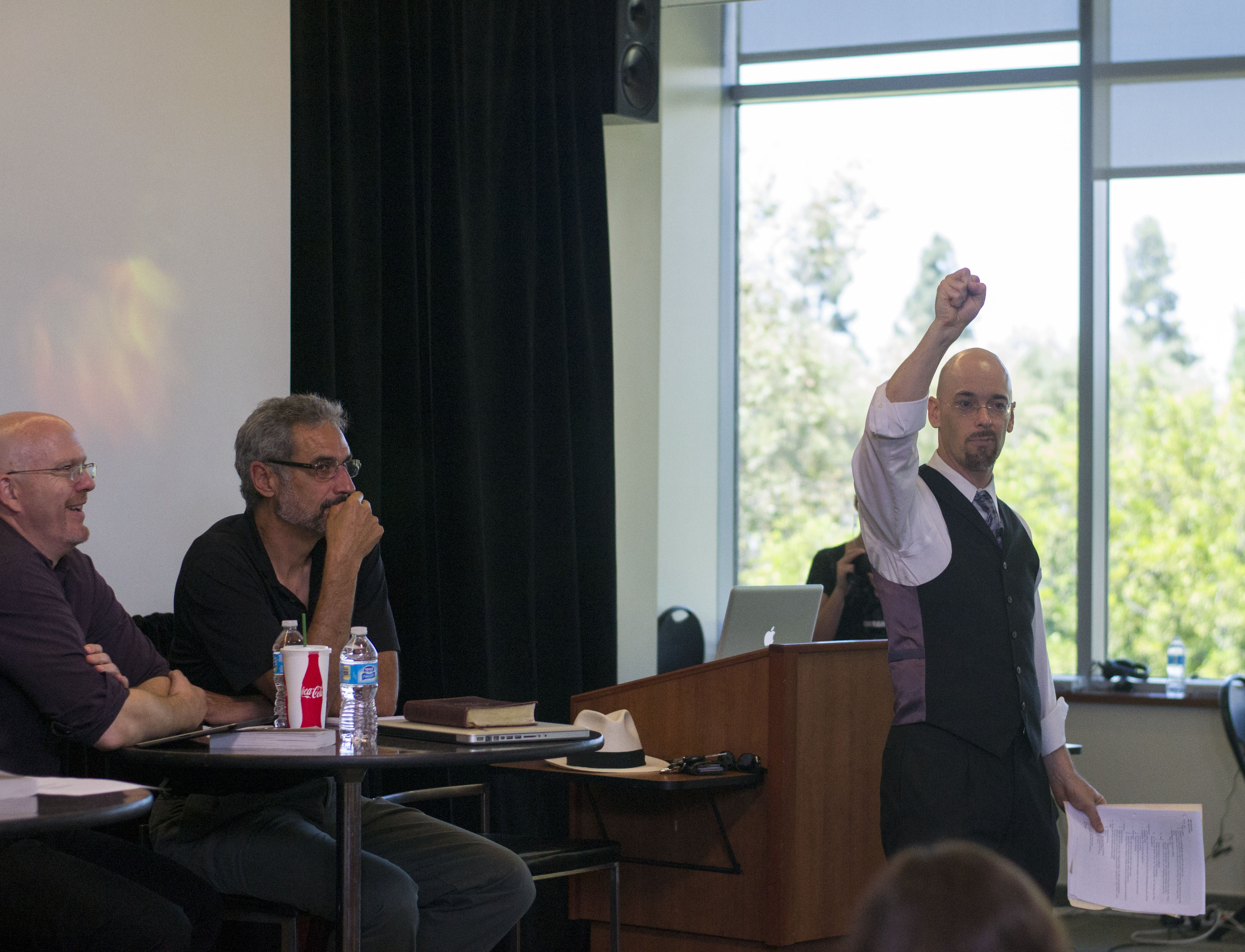
Recently, I’ve found myself talking with friends about how I would teach class if I were a university professor. I’m no expert when it comes to understanding higher education, but I have a few thoughts I think could spark some helpful conversations.
There are four things some of my Biola professors have done that have helped me to learn better. I hope these ideals will become more widespread among professors as they would continue to add richness to Biola’s high sticker price.
#1: Appreciating the purpose
When a professor shares his or her perspective on the significance of a class, it makes a difference in my attitude toward the class. Sometimes I feel like I get slammed with a syllabus full of due dates and policies and find myself walking out of class thinking, “Wait a second, why are we even learning this?” Tuition this year is roughly $16,000 per semester. If you take 15 units, that is about $3,000 per class. If I’m paying that much for every class, I want to know why it matters. When I know how the information relates to my life and my career goals, I am more likely to be motivated to study and retain the information after papers are turned in and exams are over.
#2: Learning through doing
I learn better when I am given opportunities to actually do what I am learning, rather than solely learning from books and lectures. When I learn through experience, I gain a memory that is linked to the information. For instance, when I walked into my ninth grade history class one day, I was given a number and told I would no longer be referred to by name but by number. As a result of this experience, I still remember that communist political systems with dictator leadership tend to dehumanize people. In fact, that is one of the only things I remember from that class because it is linked to an experience.
#3: Getting to know you
When professors connect with me on a personal level, I tend to learn more from their classes. The more I get to know a professor and feel they know me, the more I trust them as an educational authority and the more I care about learning the course content. Obviously, this is easier in small classes than in large classes, but Chris Grace did a great job in his Introduction to Psychology class of around 500 students. He assigned a “get to know you” form which asked for prayer requests. He also allowed students to share things they were thankful for at the beginning of class, and he stayed after class to talk with students and often used examples in his lectures from his personal experiences.
#4: Working together
I learn better when I work with other students. It forces me to process the information enough to teach it and form my own opinions about it. It also allows me to learn from my peers who, like me, have a sense of the conceptual challenges in understanding the material. Harvard physics professor Eric Mazur calls this approach “peer instruction” and has decided to teach all his classes using this method. Mazur measured the comprehension of his students and found that students understood three times as much when he used the method of “peer instruction.”
I’ll probably never teach a university level class, but if I did this is what I would do. I think we would gain much more from our educational experience if more professors taught classes keeping these four things in mind.







